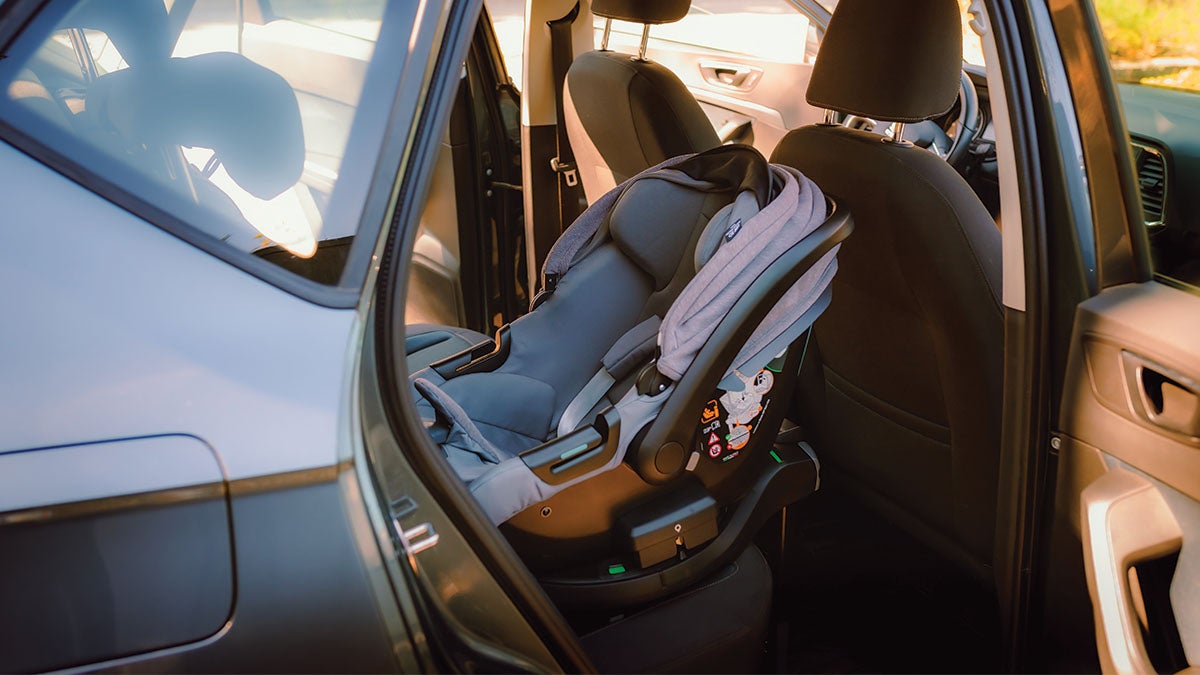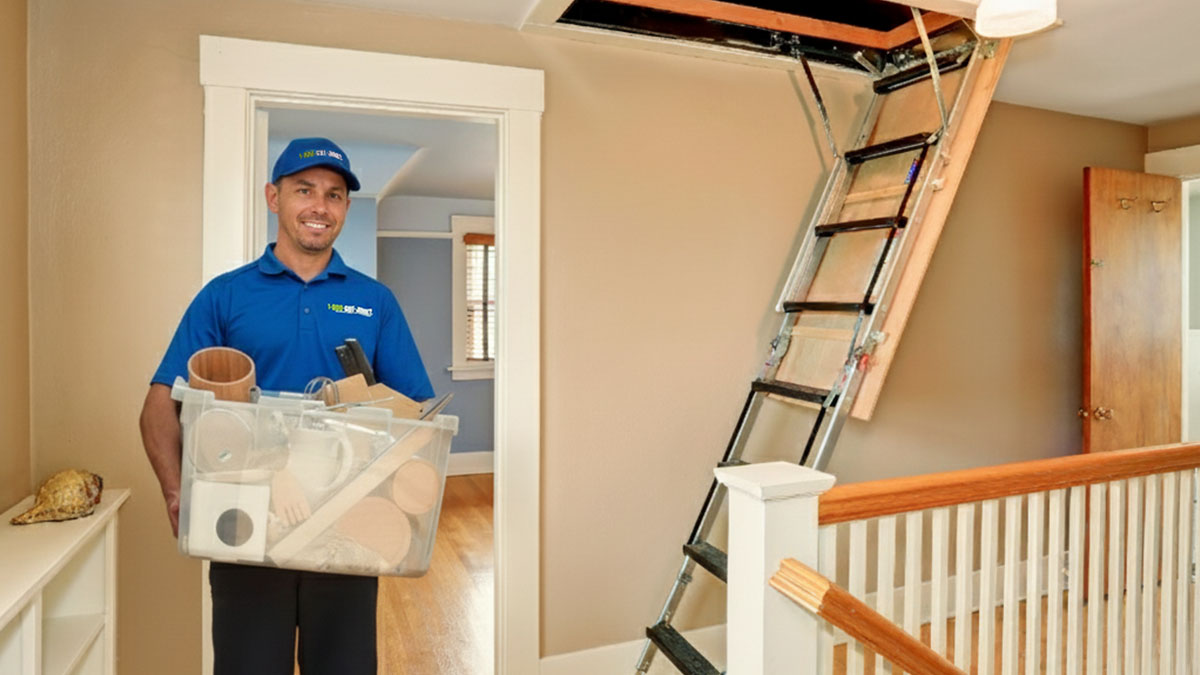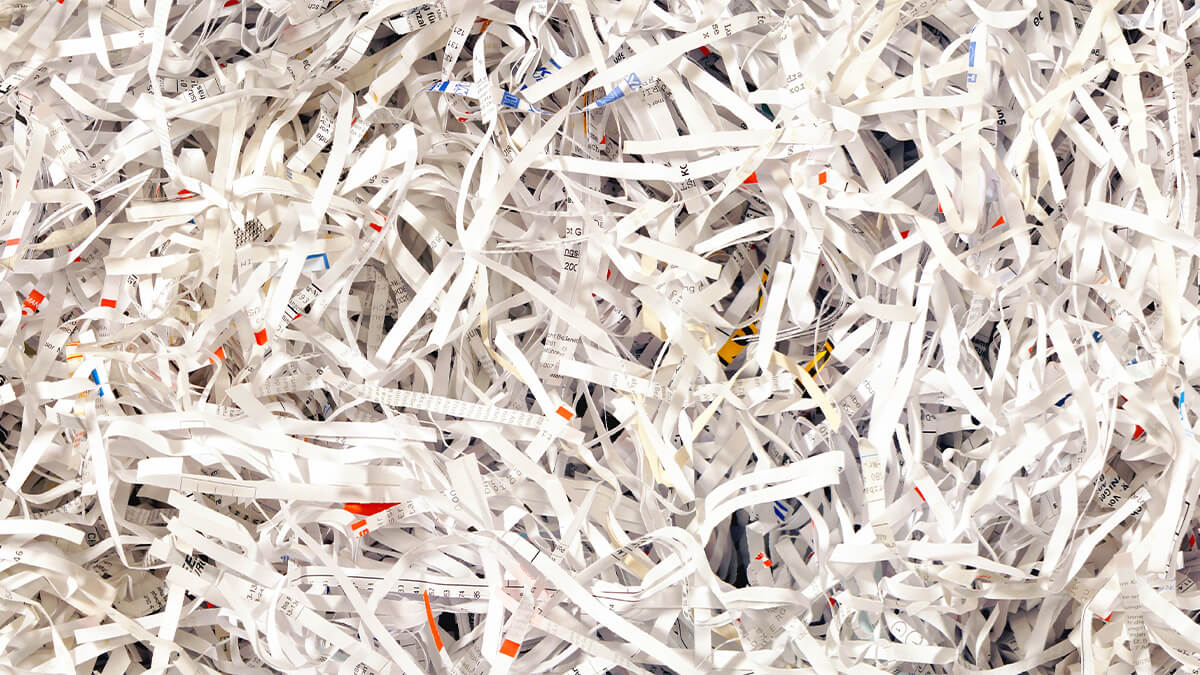Responsibly disposing of items such as car seats has become a crucial aspect of environmentally conscious living. It is possible to recycle car seats, but they do have a limited life due to factors like expiration dates and changing safety standards. However, the journey doesn't end when the car seat is no longer in use.
When you’re considering how to get rid of old car seats, your decision should involve considering environmental impact, safety regulations, and potential reuse options. This article will help you decide what to do with old car seats without sending them to a landfill.
Table of Contents (skip to each section)
- Check expiration date and safety standards
- Contact the manufacturer
- Research recycling centers
- Disassemble the car seat
- Recycle the materials
- Donate or upcycle car seats
- Check local events
- Dispose of hazardous components safely
- Let 1-800-GOT-JUNK? take care of your recycling and disposal needs
Check expiration date and safety standards
Car seats are designed with a specific lifespan, typically around six years from the date of manufacture. This is due to wear and tear on the materials and potential changes in safety standards over time. Locate the expiration date on the car seat. It is usually imprinted on a sticker or label, often on the bottom or back of the seat.
Even if a car seat hasn't reached its expiration date, inspect it for any signs of wear and tear. This includes frayed straps, cracked plastic, or any other damage. If the seat has been involved in a moderate to severe crash, it may no longer provide the same level of protection. In such cases, it is recommended to replace the seat, even if it appears undamaged.
Ensure that the car seat complies with the latest safety standards and regulations. Safety standards can evolve, and newer seats may have enhanced safety features. Check your country's relevant safety authority for the latest guidelines.
Contact the manufacturer
Many car seat manufacturers have recycling programs in place. Contact the manufacturer through their customer service channels, usually available on their website or product documentation. Ask about any specific instructions or programs they have for recycling their products.
Manufacturers may provide guidelines on how to responsibly dispose of their products. This could include information on recycling specific components or materials. Some manufacturers might also offer discounts or incentives for customers returning old car seats for recycling when purchasing a new one.
If you need replacement parts or have lost the manual, the manufacturer is the best source for obtaining them. They can provide information on ordering parts or accessing manuals online. Reach out to the manufacturer's customer support with any questions or concerns about the disposal process. They may offer valuable insights or direct you to appropriate resources.
Research recycling centers
Check with local recycling facilities to see if they accept car seats. Not all recycling centers may have the capability to process the various materials found in car seats, so it's essential to confirm in advance. Use online directories or contact your local waste management authority to identify recycling centers that handle plastic, metal, and other materials commonly found in car seats.
Some recycling centers have drop-off points or special collection events for items like car seats. Find out about scheduled events or designated drop-off locations where you can take the car seat for recycling.
Disassemble the car seat
Before disassembling the car seat, consult the user manual for specific instructions. The manual typically provides guidance on how to safely dismantle the seat, including removing fabric covers, harnesses, and other components. If the manual is unavailable, check the manufacturer's website or contact their customer support for disassembly instructions.
Disassemble the car seat into its individual components, separating materials like fabric, plastic, metal, and foam. Use tools as needed, such as screwdrivers or pliers, while being careful not to damage recyclable components.
Bag or label the disassembled components to facilitate the recycling process. Clearly mark bags with the type of material they contain to make sorting easier at the recycling facility. Some recycling centers may have specific requirements for packaging or labeling, so find out about any guidelines they may have.
Confirm with local recycling facilities if they have specific instructions for car seat disposal. Some facilities may prefer certain materials to be dropped off at designated locations or during specific hours.
Recycle the materials
- Metal components: Take metal parts, such as the frame and buckles, to a local scrap metal recycling center. Ensure that they accept these items and follow any specific guidelines for metal recycling.
- Plastic components: Check with local recycling facilities that handle plastics. Car seats may contain different types of plastic, so confirm that the recycling center can process the specific types used in the car seat.
- Foam padding: Foam padding in car seats is often not recyclable through conventional recycling programs. However, some creative reuse centers or specialty recycling facilities may accept foam materials. If local recycling options are limited, consider upcycling the foam for personal projects or donating it to craft or educational programs.
- Fabric and straps: Fabrics and straps are usually not recyclable through standard recycling programs. However, consider repurposing these materials for other uses. Upcycling options include creating pet beds, craft projects, or donating the fabric to organizations that might use it for sewing projects.
Donate or upcycle car seats
Where to donate car seats
If the car seat is within its expiration date, complies with safety standards, and is in good condition, consider donating it to charities, shelters, or community organizations.
Contact local parenting groups, women's shelters, or organizations that support families in need to inquire about their policies on accepting used car seats.
How to upcycle car seats
Get creative with upcycling ideas. Repurpose non-recyclable components for various projects:
- Fabric: Use fabric for arts and crafts, or donate it to local schools or community centers for creative projects.
- Foam: Repurpose foam for DIY projects, such as cushions or kneeling pads.
- Straps: Consider using straps for other purposes, such as securing items or organizing tools.
Also keep an eye out for local events or programs that focus on car seat recycling. Some communities organize collection drives or partner with recycling facilities to properly dispose of used car seats.
Check local events
Community recycling events
Many communities organize recycling events or collection drives periodically. These events may focus on specific items, such as car seats, and provide a convenient and centralized drop-off point.
Check with local environmental organizations, community centers, or your municipal waste management authority for information on upcoming recycling events.
Environmental organizations
Environmental organizations often collaborate with local communities to promote responsible disposal practices. Check with organizations, such as Keep America Beautiful or local eco-conscious groups, for information on events or programs related to car seat recycling.
Social media and community forums
Stay connected with local parenting groups, community forums, or social media platforms. Members of these communities may share information about upcoming recycling events or programs in your area.
Dispose of hazardous components safely
Certain components of car seats, such as straps with metal buckles, may be considered hazardous waste. Identify such components during the disassembly process.
Research local guidelines for disposing of hazardous waste. Contact your local waste management authority or environmental agency to get specific information on how to handle and dispose of hazardous components safely.
If you want to avoid the hassle of disassembly or donation, your local 1-800-GOT-JUNK? franchise can handle it for you. We’ll pick up your car seat, recycle what we can, and dispose of the rest responsibly.
Let 1-800-GOT-JUNK? take care of your recycling and disposal needs
By following these steps, you can ensure that your car seat is disposed of in an environmentally conscious and safe manner, while also considering potential opportunities for recycling or reuse.






